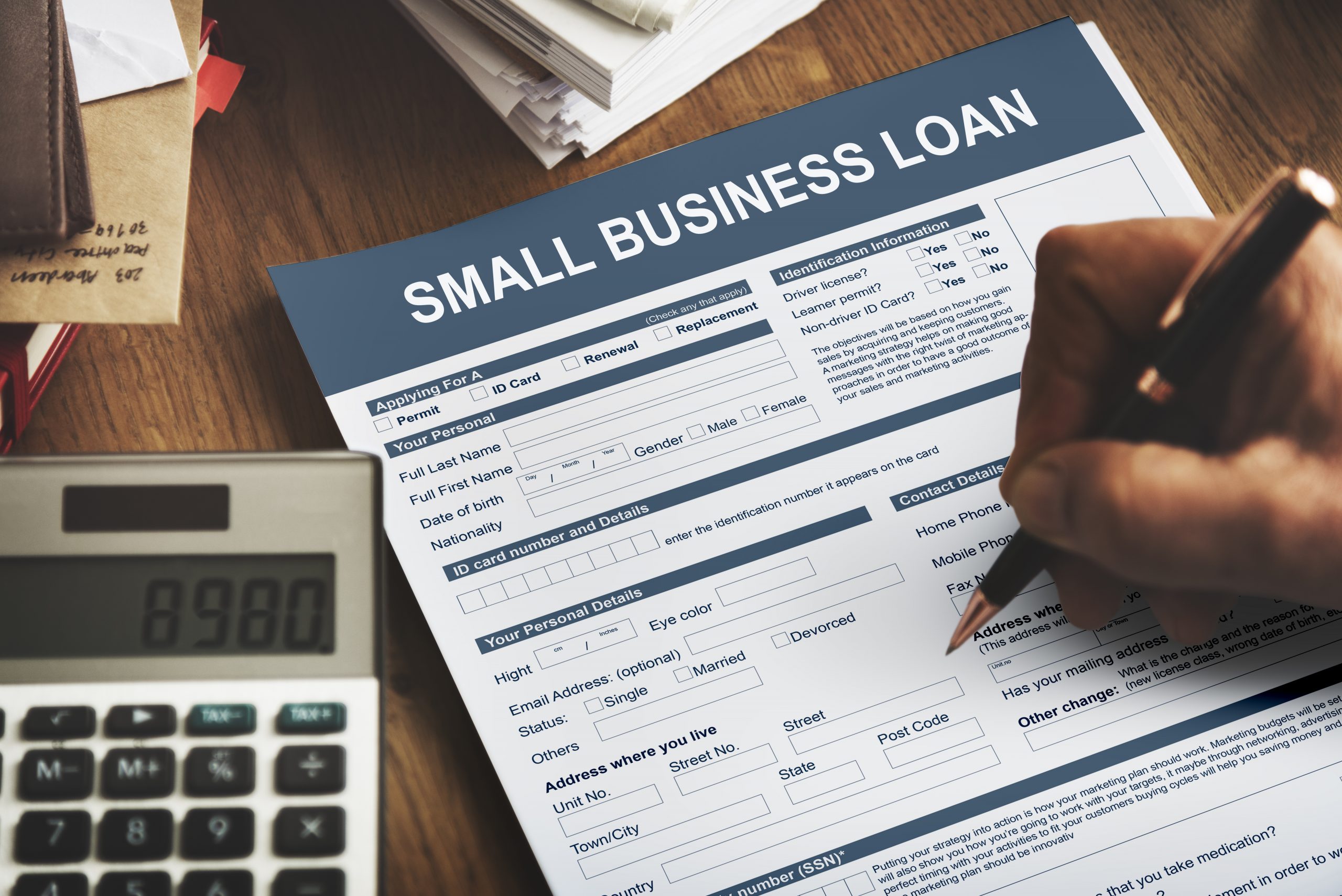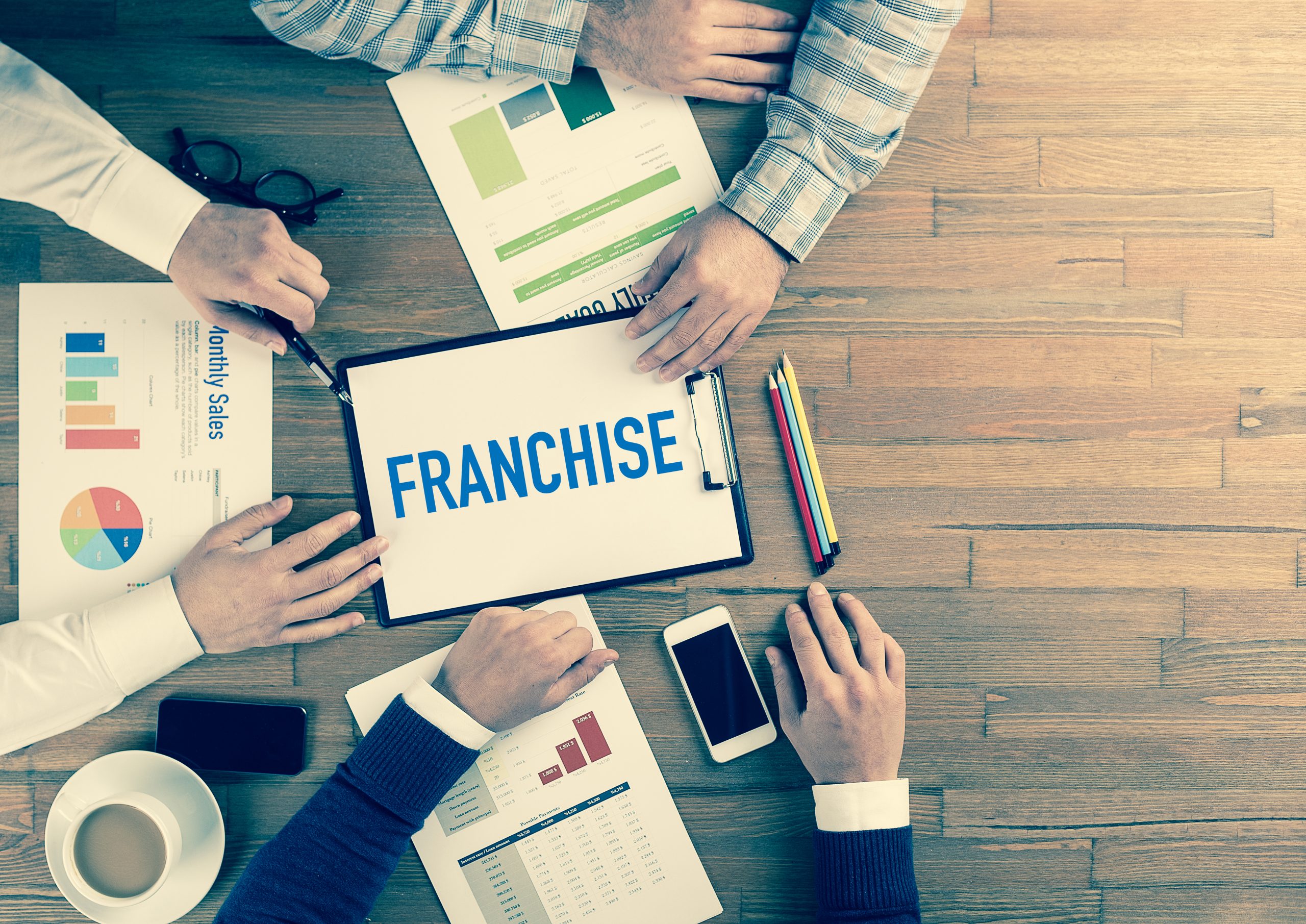Americans love coffee; in fact, 63% of adult Americans drink coffee everyday, according to the National Coffee Association. Coffee shops are one of those small businesses that are not going anywhere anytime soon. For many people, a visit (or two or three) to these businesses are a regular part of their day; this makes it a good investment and a great opportunity. The trick is knowing how to start your coffee shop. You do need to be well-prepared and have a sound plan to make it work, but don’t let that stop or overwhelm you.
Clear guidelines give us a way to navigate the more difficult situations. Whether you have questions about funding, planning, or marketing your coffee shop, our guide will help you see your dream through to fruition.
Why do some coffee businesses fail?
Studies done by Dr. HG Parsa show that 59% of all hospitality-related facilities fail within the first three years of operation. Knowing this, it’s important to understand why coffee shops fail before jumping straight into this endeavour. First, understand that “figuring it out” as you go along isn’t a business plan; it’s a recipe for disaster. Coffee shops require a significant investment of both time and money. If you want your coffee shop to be successful, you should aim for a gross margin of 85%; your food and coffee should typically take only 15% of your revenue.
It’s vital to plan thoroughly. Take your coffee shop menu for example; you will want to choose food items that won’t take a lot of kitchen time. Why? This will cut down on unnecessary labor costs. Muffins, cookies, brownies are all lovely items, and the reason you find them at coffee shops is because you make them once in the morning and sell them throughout the day to go along with the coffee you sell. This gives your employees more time to focus on preparing the various coffee offerings for your customers.
The true cost of a coffee shop
Before you can begin to estimate the cost of starting a coffee shop, you need to know what kind of coffee shop you want to have. Free standing coffee stands, kiosks or trucks cost significantly less than a “brick and mortar” type of coffee shop with customer seating. Your small business can always grow as time goes by, but you need to know exactly how you want to start. This will help you find the exact funding you need.
A coffee stand can cost as little as $5,000 or as much as $60,000. Coffee shops with seating and a drive-thru can cost between $80,000 to $300,000. All cost estimates will vary, depending on where in the country you live and what equipment you will need to purchase. If you already have a building, your start up costs will be lower. With a little research, you can get a fairly close approximation of your costs for the equipment and inventory you will need for your shop.
During this preparation period, you can begin the search for a small business loan if you think you will need one. Your idea is worth the investment, all you need to do is present it well to a lender. This list can help you find a reputable small business loan provider that can help you meet the needs of your coffee shop.
Where to find vendors
Most people prefer to nosh on something as they sip their coffee, so making some sort of food item available is an absolute must. If you choose to carry baked goods, you might consider partnering with a local bakery. This will take the pressure off of you to figure out how the logistics of providing fresh baked goods on a daily basis. This way, too, you can focus on creating great coffee and other drinks while providing fresh baked goods to your customers.
An internet search for “wholesale coffee” is a good place to start, but shouldn’t be where your search ends. It is possible to take a trip to the country or state from which you’re planning to source your beans to see where your coffee is grown and produced. This can help you understand how quality coffee is made and at the same time ensure that your coffee is ethically sourced. For a long while now, this has been a hot-button issue for the majority of consumers, most of whom are willing to pay a bit more knowing that the coffee they’re buying is ethically sourced. If you visit the plantation where your coffee beans are grown, it will be easier for you to tell the ethical story behind each cup of coffee. Moreover, from a marketing standpoint, it’s a leg up on the competition who choose to ignore that important aspect.
Navigating licenses effectively for a coffee shop
Once you have legally established your company and are ready to report your taxes, you will need to obtain certain licenses (sometimes more than one). A business license to operate your coffee shop is required in nearly all jurisdictions. The cost and process of obtaining this license will vary depending on where you live; a Google search for the specific guidelines for your city will save you time and worry. Because business licenses are renewable annually, you should ensure that you mark the day you receive your license, because if you fail to renew it on time you will be required to close your doors. You will also need a retail food establishment license for your coffee shop, which is typically issued by your city’s health department. To that end, you can expect a visit from the city health inspector to assess the cleanliness and safety of your coffee shop.

The business plan
Almost everyone’s favorite thing to ask about, and least favorite thing to do, is the business plan. We have all heard how a thoughtful, physical plan can help you with funding, direction, and success. However, it can seem overwhelming and obviously doesn’t sound as creatively stimulating as planning out the menu. Luckily, menu planning is part of your business plan; if you know what you want on your menu, you can estimate your total costs and define your brand.
With a business plan, you are essentially solidifying your vision on paper. This is no time for brevity; express what will make your business unique and why it will stand out from your competition. The drinks you plan to serve, the fair trade coffee beans you plan to acquire, and the atmosphere you hope to achieve are all elements that will create your coffee shop. Remember, especially if you will be needing a small business loan, your business plan can make all the difference in the outcome of the lending decision.
Research
Business plans aren’t just built on ideas, they are also built on research. You want your coffee shop seats filled and refilled roughly every thirty minutes. This doesn’t simply happen; you must do your research so you will know how to keep people flowing into your shop during open hours. Looking at coffee shop related statistics will help you confirm ideas and make adjustments as needed. And be sure to research your target market, equipment, vendors, prices, and competition. The last, your competition, is especially important as you will want to find a niche that you will fit into without vying for the same customer base.
Research the area you intend to set up shop in long before you set up shop. It’s good to know exactly where there is a lot of foot traffic. The easier it is for someone to “just pop in” and grab a cup of coffee before work or after the gym, the better your shop will fare. This can also create less need for seating, which can save you money.
At the outset, purchasing quality equipment, i.e. coffee grinders, stations, frothers, espresso machines, refrigerators, etc., will keep you from having to regularly buy replacements. Even though it probably means higher start up costs, it’s worth it in the long run to invest in quality.
As previously mentioned, it’s important to thoroughly research what your competitors are doing so that you can see what works for them and what will set you apart. This information, when it is stated clearly in a business plan, helps you communicate your vision to investors and lenders.
What is your brand?
This last question may be easier to answer if you have been imagining your coffee shop for a while now. What is your brand? How do you want your customers to feel when they walk in? Here is where you should let yourself draw logos, slogans, color schemes, and the shop. This is where your vision becomes reality.
If your focus is ethically and sustainably sourced products and packaging, don’t keep that a secret. Tell your story through signs, social media, blogs, and your website. If you wish to provide a cozy art hub, host an artist’s work in your shop and post about it on your Instagram, Twitter and Facebook pages. Remember, in a start up enterprise, social media can and should be your new best friend.
Perhaps the quality of the coffee itself is more your focus than the feel of the establishment. If that is the case, hire someone to focus on the creative aspect. It’s important to have an attractive shop so consumers will want to check it out and return often.
Who should work in your coffee shop
Once you know what you stand for, you will know what personalities you should employ. When hiring, especially in a hospitality-oriented business, for the majority of your new staff, personality should usually outweigh experience. Of course, you will always want a couple of team players who are old pros (i.e. former baristas) and can help guide the less experienced staff. Your employees are working with your customers so it’s important that they can communicate well and add positively to the atmosphere you want to achieve. As long as your employees are teachable, you can help them create the skills they need to work at your coffee shop.
What’s stopping you from achieving your dream?
The popularity of the coffee shop as a business enterprise cannot be understated. We all know the “big guys” on the block, but there is room for the little guys, too, provided you have figured out a way to make yourself noticeable. Whether it’s for the great coffee, wonderful ambiance, or the incredible team you’ve put together, you need to find the thing that sets you apart from those giant franchise coffee shops so that your customer base will want to “just pop in” to your coffee shop on a regular basis. Success doesn’t happen by accident; it’s mostly planning and hard work. Now that you know how to do it, what’s stopping you?





